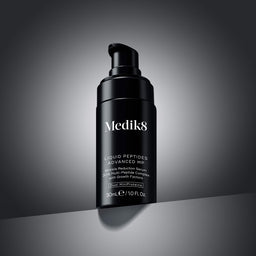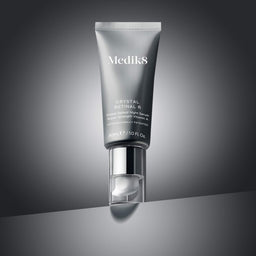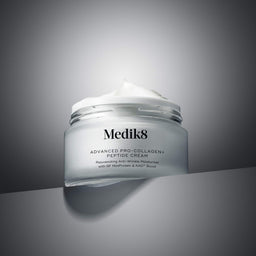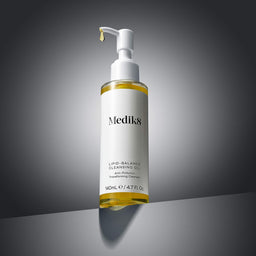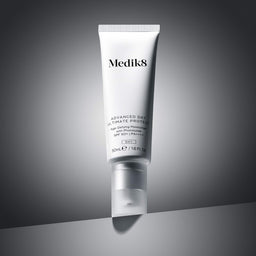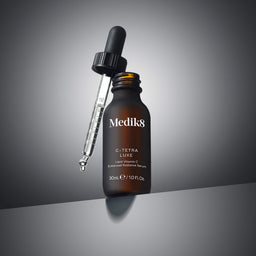Glycation and Skin Ageing: Everything You Need to Know
Written by: Radhika Sen
Updated on: 24th September 2025
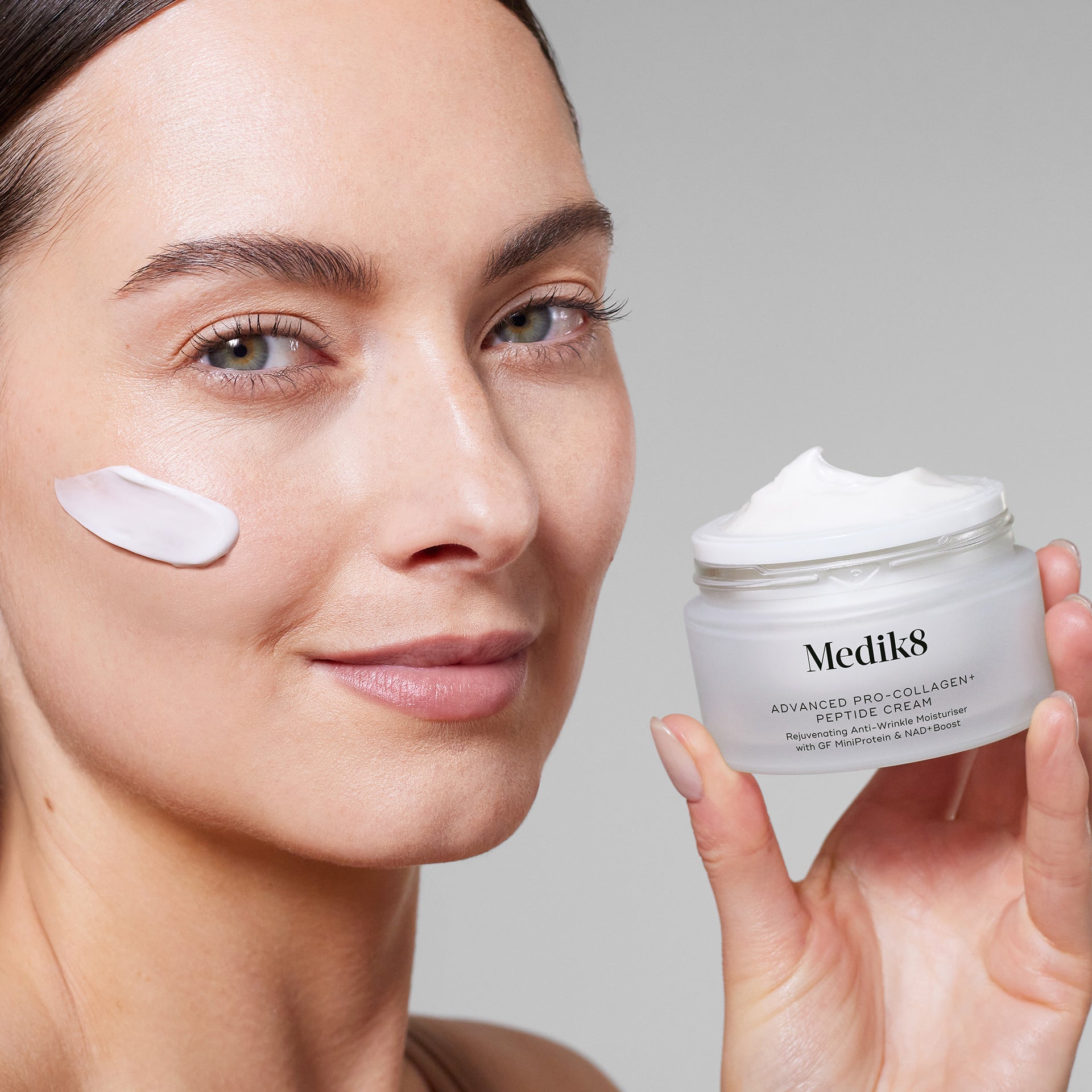
When it comes to skin ageing, most of us think of sun exposure or pollution as the main culprits. But there’s another, often overlooked factor quietly at work: glycation. Put simply, sugar doesn’t just impact your health - it can visibly age your skin from the inside out. Imagine sugar molecules acting like “sticky glue,” binding to vital proteins like collagen and elastin, causing them to stiffen and lose flexibility. The result? Fine lines, wrinkles, loss of bounce and a duller complexion. In this article, we’ll explore what glycation is, how it accelerates skin ageing, and the science-backed ways you can defend against it.
What is glycation?
Glycation is a natural, non-enzymatic process where excess sugar molecules in the body attach themselves to proteins and lipids, forming harmful compounds called Advanced Glycation End Products (A.G.E.s). Over time, A.G.E.s build up in our tissues and interfere with the normal function of key proteins. Glycation targets collagen and elastin, the structural proteins responsible for skin firmness, elasticity and smoothness. Once sugar binds to these fibres, they become stiff, brittle, reducing their ability to repair. Because glycation is irreversible, its effects gradually accumulate beneath the surface, quietly accelerating visible ageing such as wrinkles, laxity, and loss of suppleness.
What causes glycation of the skin?
Glycation is driven by intrinsic ageing and lifestyle-driven factors, and when it compromises collagen and elastin, it contributes to loss of firmness often called “sugar sag.” Key accelerators include:
High sugar and processed foods – diets rich in sugar and refined carbs are the main driver of “sugar sag,” rapidly accelerating A.G.E. formation.
✓ UV exposure (especially UVA rays) – sunlight intensifies glycation, collagen breakdown, and speeds up visible skin ageing.
✓ Pollution and oxidative stress – environmental aggressors generate free radicals that worsen the process.
✓ Smoking and alcohol – both disrupt collagen integrity and accelerate the breakdown of skin firmness.
✓ Natural ageing – A.G.E.s naturally build up over time, gradually weakening skin elasticity and resilience.
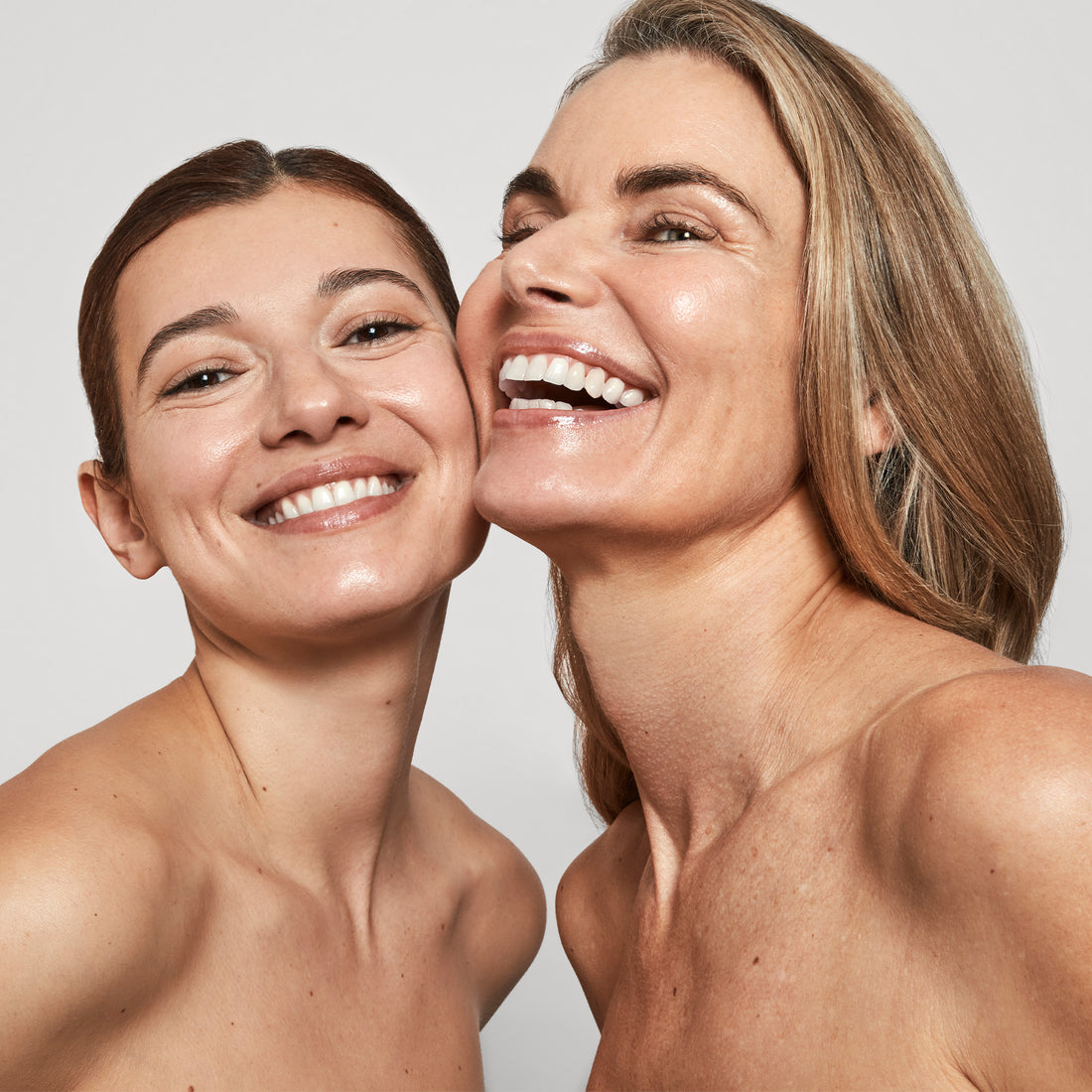
Glycation and skin ageing
Sugar’s impact on the skin goes far beyond diet. Through glycation, excess sugars bind to collagen and elastin, the fibres that give skin its structure and flexibility. Once glycated, it compromises their flexibility and strength, making it far harder for the skin to remodel or regenerate.
This process doesn’t just weaken skin’s foundations. Glycation also triggers inflammation and oxidative stress, accelerating the breakdown of structural proteins and worsening visible ageing. Over time, the skin loses firmness, elasticity, and radiance, while wrinkles and sagging become more pronounced.
It’s this silent, structural decline that makes glycation such a powerful driver of premature ageing.
What does glycated skin look like?
Since glycation damages collagen and elastin at a structural level, its effects can show up in several visible ways:
☆ Fine lines and wrinkles – rigid fibres can’t flex or repair, so lines form and deepen.
☆ Loss of firmness – weakened collagen leads to skin sagging, especially around the cheeks and jawline.
☆ Reduced bounce – skin loses density and plumpness as glycated proteins fail to support it.
☆ Dull, uneven tone – A.G.E.s build up, giving skin a greyish or tired look.
☆ Dryness and rough texture – barrier function is compromised, so skin struggles to retain moisture.
☆ Slower repair – stiffened collagen delays natural healing, leaving marks for longer.
Together, these signs make skin appear older and less resilient than it truly is.
How can you prevent skin glycation
Once collagen becomes glycated, it’s much harder for the skin to repair or renew itself - and the process can’t be fully reversed. The good news: it can be slowed. Through smart lifestyle choices and targeted skincare, you can help prevent the formation of glycated proteins and minimise their visible effects.
Smart lifestyle shifts
Simple daily changes can lower glycation triggers: avoid smoking, limit alcohol, get enough sleep, manage stress, and stay active to support healthy glucose metabolism.
Look at your diet
Refined sugars and high-glycaemic foods accelerate glycation, so reduce intake where possible. Instead, focus on antioxidant-rich foods like berries, leafy greens, and healthy fats, which support blood sugar balance and skin defence.
A.G.E blocking agents
Advanced Glycation End Products (A.G.E.s) are proteins and fats damaged by sugar binding. Certain skincare ingredients, especially targeted peptides, can help inhibit their formation:
Carnosine – a clinically studied peptide shown to block sugar from binding to collagen, helping protect against wrinkles and sagging.
Alpha-lipoic acid or aminoguanidine – potent A.G.E. inhibitors that neutralise sugar-protein binding before damage occurs.
Antioxidant application
Antioxidants help neutralise oxidative stress that fuels glycation. Key actives for your daily skincare routine include vitamin C, niacinamide, vitamin E, and powerhouse boosters like ferulic acid, resveratrol, or green tea extract. Vitamin A also plays a critical role in collagen renewal.
Sun protection
UV exposure accelerates A.G.E. formation, making daily use of a broad-spectrum sunscreen one of the most effective ways to limit glycation-related ageing.
Skin hydration
Well-hydrated skin is more resilient to oxidative stress. Look for hydrators such as hyaluronic acid, glycerin, and ceramides, which strengthen the skin’s barrier and help buffer against glycation’s effects.
Professional treatments
In-clinic treatments like microneedling, chemical peels, or collagen-stimulating facials can further support anti-glycation skincare. Always seek tailored advice from a qualified skincare professional for best results.
Anti-glycation skincare: How to build a routine
Prevention is key when it comes to glycation. Once collagen fibres are stiffened by sugar, the damage is difficult to reverse, which is why a proactive daily skincare routine is so important. The right products not only help protect skin against A.G.E.s, but also strengthen and preserve its structure over time. A consistent, multi-step approach ensures long-term resilience and visible results.
Cleanse
Begin with a gentle cleanser to remove impurities. Medik8’s Micellar Mousse leaves your skin cleansed, comforted and balanced, while effectively removing makeup, sunscreen and impurities.
Targeted treatment
For additional support, choose a serum with anti-glycation actives, antioxidants, and collagen-supporting peptides to help defend against A.G.E. formation.
C-Tetra Advanced (daytime serum): A potent yet stabilised 20% vitamin C serum that shields skin from environmental stressors and supports recovery to help prevent premature ageing.
Crystal Retinal (nighttime serum): A high-performance vitamin A serum that boosts skin renewal and resilience, with hydrating ingredients that lock in moisture and help counter visible glycation effects.
Hydration boost
Layer Hydr8 B5 Intense or Liquid Peptides Advanced MP for plump, smooth and youthful-looking skin.
Moisturise
Nourish and renew your skin with Medik8’s barrier-strengthening moisturisers.
Advanced Pro-Collagen+ Peptide Cream (day and night): Engineered to support collagen production, the foundation of firm, resilient skin for visible strength that lasts.
Daily Radiance Vitamin C Cream (day): Clinically proven to instantly brighten & hydrate the skin in just 1 use,* this lightweight formula delivers powerful antioxidant protection alongside broad spectrum SPF 30 sunscreen. Shielding the skin against premature signs of ageing.
*Proven via independent clinical study conducted over 7 days on 30 participants of all skin types and tones.
Intelligent Retinol Smoothing Night Cream (evening): Combining slow-release 0.2% retinol with nourishing antioxidants, Intelligent Retinol Smoothing Night Cream works to gently smooth and refine the look of the complexion while cocooning it in overnight moisture.
SPF (AM)
Finish with Advanced Day Ultimate Protect, an SPF 50+ PA++++ broad-spectrum sunscreen that defends against UV-triggered A.G.E.s.
Advanced Pro-Collagen+ Peptide Cream
Medik8’s latest collagen-boosting innovation, Advanced Pro-Collagen+ Peptide Cream, serves as a powerful all-in-one moisturiser your skin can use both day and night, no need for multiple products. Powered by the anti-A.G.E. peptide carnosine, it offers a comprehensive approach to skin rejuvenation by protecting against age-related decline and promoting a smoother, more youthful appearance over time.
Effortlessly fitting into any routine, it simplifies your regimen and is clinically proven to visibly improve the appearance of skin firmness and increase elasticity in 7 days*.
*Proven via independent clinical study on Advanced Pro-Collagen+ Peptide Cream on 60 volunteers over 1 week

Take control of sugar-ageing
While glycation is a natural process, its visible impact on the skin doesn’t have to be. Medik8’s CSA philosophyⓇ - vitamin C + sunscreen by day, vitamin A by night - builds in anti-glycation defence at every step: vitamin C provides powerful antioxidant support and helps interrupt pathways that lead to A.G.E. formation while supporting collagen; daily sunscreen reduces UV-driven oxidative stress that accelerates glycation; at night, vitamin A promotes renewal and collagen synthesis to counter stiffness and improve elasticity.
Combined with smart lifestyle choices and targeted actives, CSA offers a simple, science-led way to protect collagen, preserve resilience, and keep skin looking firm, smooth, and radiant.
FAQ Category
Glycation causes sugar molecules to attach to collagen, making it stiff, brittle, and less able to support firm, youthful skin. Over time, this results in wrinkles, sagging, and a loss of elasticity.
The process begins naturally in your 20s and gradually accelerates with age. External factors like diet, UV exposure, and pollution can speed it up.
Yes. High sugar intake accelerates glycation, which damages collagen and elastin. This contributes to visible signs of ageing such as lines, wrinkles, and dullness.
While existing glycation cannot be fully undone, you can slow further damage with lifestyle changes and targeted skincare that helps protect collagen and limit A.G.E. formation.
No, glycation is permanent once it occurs. However, prevention is possible, and advanced skincare ingredients such as carnosine can help block future glycation.
Vitamin C doesn’t stop glycation directly, but as a powerful antioxidant, it reduces oxidative stress—a major factor that worsens glycation damage.
Antioxidants can’t reverse glycation, but they help defend skin cells from oxidative stress, limiting the cascade of damage glycation can cause.
Yes. Glycation is a silent but significant factor in premature ageing, leading to wrinkles, loss of firmness, and a duller skin tone.
Yes, high sugar diets, smoking, alcohol consumption, stress, poor sleep, and UV exposure all accelerate glycation.
Look for peptides such as carnosine, as well as actives like alpha-lipoic acid and aminoguanidine. These work by blocking or reducing the formation of A.G.E.s, helping to preserve collagen and maintain skin firmness.

Radhika Sen
Radhika Sen is a skincare enthusiast and beauty writer. She's always on the lookout for a stellar serum and moisturiser combination, topped by a sunscreen that protects and primes. Her idea of self care is to pop on a face mask, light a scented candle and call it an early night.
